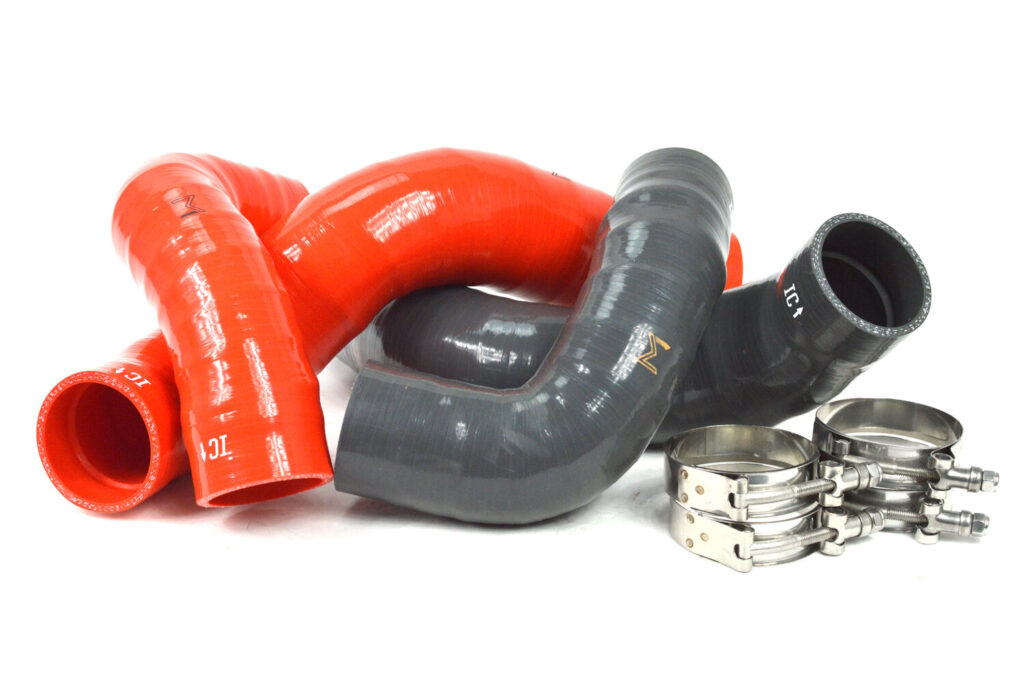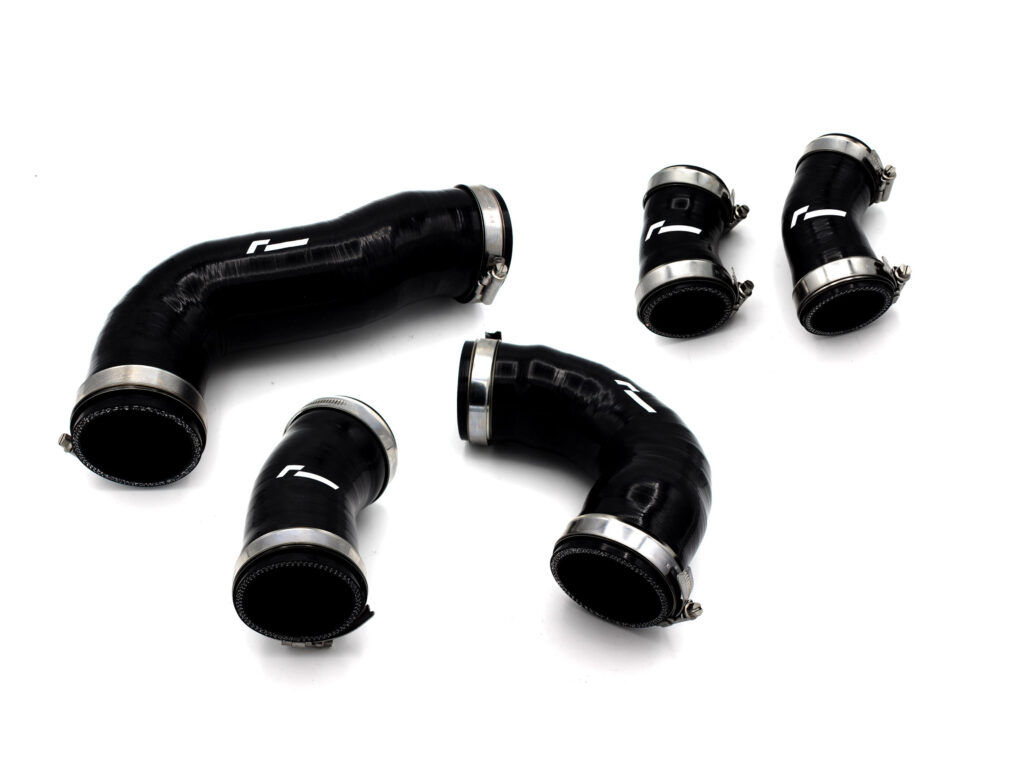Discover the pivotal role of silicone tubes in automotive systems. This article delves into the applications of silicone tubes, highlighting their versatility in various automotive components. From cooling systems to fuel delivery, explore how silicone tubes contribute to the efficiency and durability of modern vehicles.
Introduction:
Silicone tubes have become essential components in the automotive industry, serving a multitude of critical functions. This article delves into the applications of silicone tubes, shedding light on their significance in enhancing automotive performance.
Cooling Systems:
Silicone tubes play a crucial role in the cooling systems of vehicles. They connect radiators, water pumps, and various engine components to ensure efficient heat transfer. Silicone’s heat resistance and durability make it an ideal choice for handling the high temperatures within the engine compartment.

Intake and Exhaust Systems:
In the intake and exhaust systems, silicone tubes contribute to smooth airflow and efficient gas exchange. Their flexibility allows for the creation of intricate shapes and connections, optimizing engine performance and reducing turbulence.
Fuel Delivery and Emission Control:
Silicone tubes are employed in fuel delivery systems, transporting fuel from the tank to the engine. Their resistance to chemicals and temperature variations ensures the safe and reliable delivery of fuel. Additionally, silicone tubes are used in emission control systems, aiding in directing and managing exhaust gases.
Power Steering and Brake Systems:
Silicone tubes are vital in power steering and brake systems. They facilitate the transfer of hydraulic fluids, ensuring responsive steering and reliable braking performance. Silicone’s resistance to fluid degradation and its ability to maintain a tight seal contribute to system efficiency.
Vacuum Systems:
Vacuum systems in vehicles rely on silicone tubes for their ability to maintain a strong seal even under vacuum conditions. These tubes are essential for functions such as brake boosters, HVAC controls, and emissions control systems.
Vibration Dampening:
Silicone tubes possess inherent vibration dampening properties. This feature is valuable in automotive applications, where reducing vibrations can enhance passenger comfort and protect sensitive components.

Customization and Performance Enhancement:
Manufacturers often offer customization options for silicone tubes, allowing for tailored solutions to match specific vehicle requirements. These customized tubes can contribute to improved performance, efficiency, and overall vehicle functionality.
Durability and Longevity:
Silicone tubes are known for their durability and resistance to wear, weather, and various environmental factors. This longevity ensures that automotive systems remain reliable and operational over extended periods.
Conclusion:
In conclusion, the applications of silicone tubes in automotive systems are vast and essential for modern vehicles’ efficient operation. From cooling systems to power steering, these tubes contribute to optimal performance, reliability, and passenger comfort. The unique properties of silicone, including heat resistance, chemical resistance, and flexibility, make it an ideal material for handling the diverse challenges within automotive environments. As automotive technology continues to evolve, silicone tubes will likely continue to play a pivotal role in shaping the future of vehicle systems.
